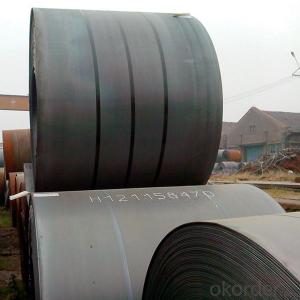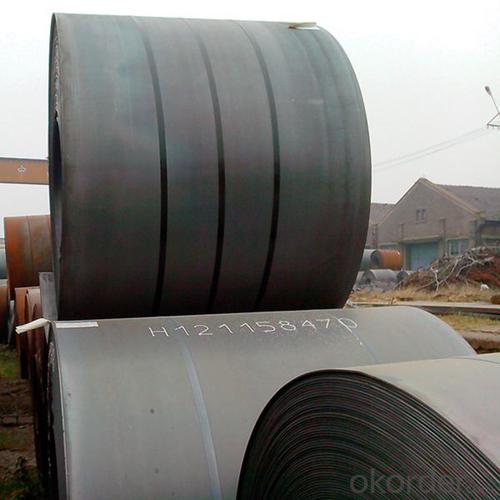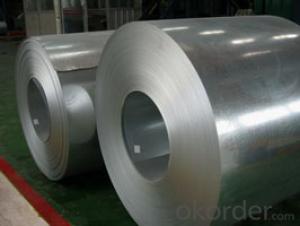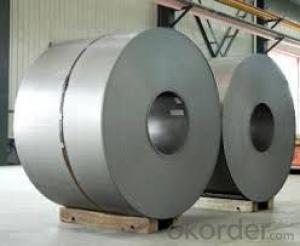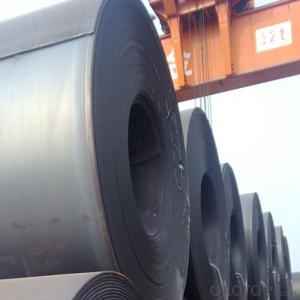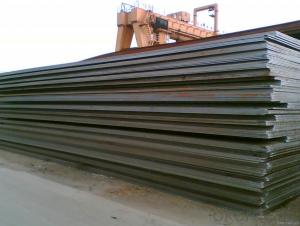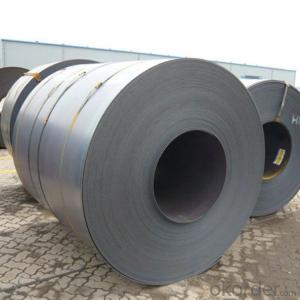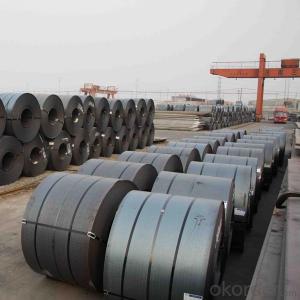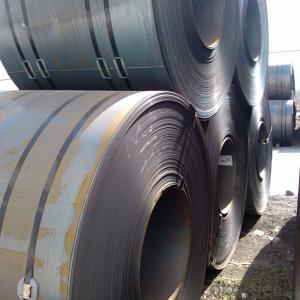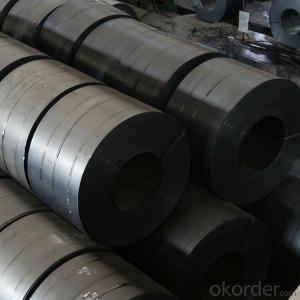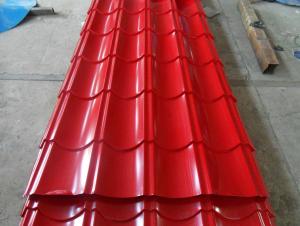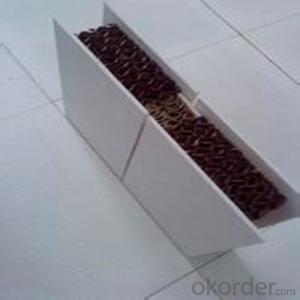Hot Rolled Steel Sheets JIS SS400 With Good Quality
- Loading Port:
- Tianjin
- Payment Terms:
- TT OR LC
- Min Order Qty:
- 28 m.t.
- Supply Capability:
- 100000 m.t./month
OKorder Service Pledge
OKorder Financial Service
You Might Also Like
Specification
DESCRIPTION:
1.Thickness: 1-200mm
2.Width: 100-3000mm
3.Length: 1000-12000mm
4. Applications :mining machinery, environmental protection, engineering
5. Grade:SS400 A 36 Q195.Q235.Q345.SPCC.SPCH
6.Surface : Hot Rolled Cold Rolled Galvanized Steel
FEATURES OF STEEL COILS
(1)Good ductility
(2)Good corrosion resistance
(3)Excellent abrasion resistance and fatigue strength
(4)Good weldability
(5)Oxidation resistant performance
(6)Excellent in high temperature
PACKING:
1.Big thickness:by bulk vessel
2.Small thickness:packed by steel strips and shipped by container
3.According to the requirements of customers'
TRADE TERMS :FOB, CFR, CIF
DETAILED PICTURES FOR STEEL COILS
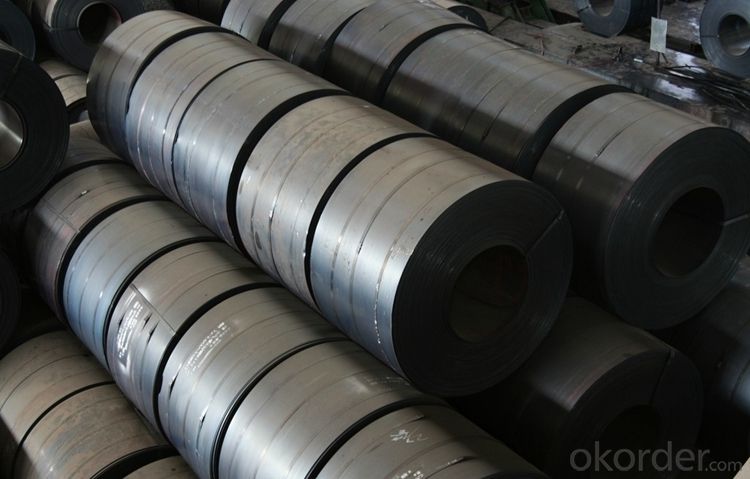
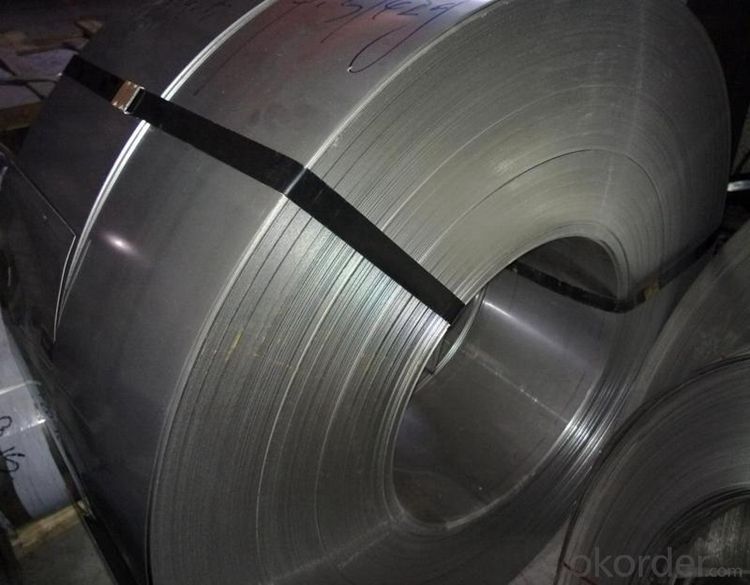
EXPORT MARKET FOR STEEL COILS/SHEETS
Our target market is the international market. Every year we export most of products to countries like India, Pakistan, South Korea, Brazil, Australia, South Africa, Spain, Sri Lanka, Taiwan, Hong Kong, etc.
OUR SERVICE
1.High quanlity and reasonable price.
2.Customized on-demand.
3.Reasonable shipping and fast delivery.
4.Free sample.
FAQ
Q:How to order?
A: Please send us your purchase order by email or fax .or you can ask us to send you a proforma invoice for your order .We need to know the following information for your order.
1) Shipping information-company name, street address, phone number, fax number, destination sea port
2) Product information – Quantity, Specification (steel type, thickness, width, surface finish)
3) Delivery time required
4) Forwarder's contact details if there's any in China
FAQ
Q:What are the advantages of your company ?
A: We have many professionals, technical personnel, more competitive prices and best after-dales service than other steel companies.
Q:Can you arrange the shipment ?
A: Sure we can help you with the shipment. We have forwarders who have cooperated with us for many years.
- Q: How are steel sheets protected during storage in humid environments?
- Steel sheets are protected during storage in humid environments by applying a protective coating, such as a layer of oil or zinc, which acts as a barrier against moisture and prevents corrosion. Additionally, proper packaging and storage techniques, such as using moisture-absorbing materials and maintaining appropriate temperature and ventilation, are employed to minimize the exposure of steel sheets to humidity.
- Q: Stainless steel drawing plate, polishing plate, mirror panels of the three differences
- Drawing process will to some extent lose the thickness of stainless steel plate, usually at 0.1~0.2mm. In addition, because the human body, especially the palm has a relatively strong oil and sweat secretion, stainless steel wire drawing board often hand touch will leave a more obvious fingerprints, regular scrub.
- Q: How do steel sheets handle impact resistance?
- Steel sheets have excellent impact resistance due to their high strength and durability. They are able to withstand significant force without deforming or breaking, making them highly suitable for applications where impact protection is essential.
- Q: What are the reasons for the steel mesh on both sides of the back pouring belt?
- Increase overall stability. To prevent cracks due to settlement, uneven cement shrinkage, etc., but also to increase the overall firmness. Generally speaking, the stability of the post casting belt is increased.
- Q: Can steel sheets be painted or coated after installation?
- Yes, steel sheets can be painted or coated after installation. Painting or coating steel sheets after installation is a common practice to enhance their appearance, protect against corrosion, or meet specific design requirements.
- Q: What is the standard thickness of steel sheets?
- The standard thickness of steel sheets can vary depending on the specific application and industry. However, common standard thicknesses range from 0.5mm to 25mm.
- Q: How do steel sheets perform in terms of thermal insulation?
- Steel sheets have poor thermal insulation properties as they conduct heat easily.
- Q: How do steel sheets compare to other types of sheet materials?
- Steel sheets have several advantages over other types of sheet materials. Firstly, steel sheets are extremely durable and have a high strength-to-weight ratio, making them suitable for a wide range of applications. They also offer excellent resistance to corrosion, which is a significant advantage in harsh environments. Moreover, steel sheets can withstand high temperatures, making them ideal for applications that involve heat exposure. Additionally, steel sheets are highly versatile and can be easily customized to meet specific requirements. Overall, the superior strength, durability, and versatility of steel sheets make them stand out when compared to other sheet materials.
- Q: Are steel sheets resistant to vibration or shaking?
- Yes, steel sheets are generally resistant to vibration or shaking due to their stiffness and high tensile strength.
- Q: Are steel sheets prone to rusting?
- Yes, steel sheets are prone to rusting as they are primarily made of iron, which is highly susceptible to corrosion when exposed to moisture and oxygen. However, the use of protective coatings or galvanization can significantly reduce the risk of rusting in steel sheets.
Send your message to us
Hot Rolled Steel Sheets JIS SS400 With Good Quality
- Loading Port:
- Tianjin
- Payment Terms:
- TT OR LC
- Min Order Qty:
- 28 m.t.
- Supply Capability:
- 100000 m.t./month
OKorder Service Pledge
OKorder Financial Service
Similar products
Hot products
Hot Searches
Related keywords
